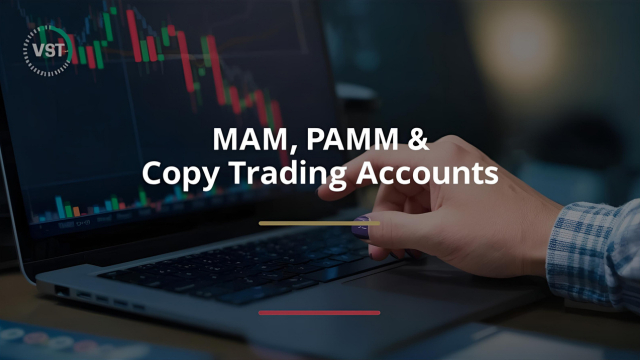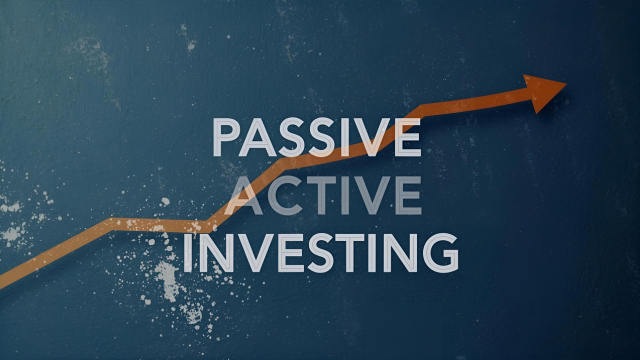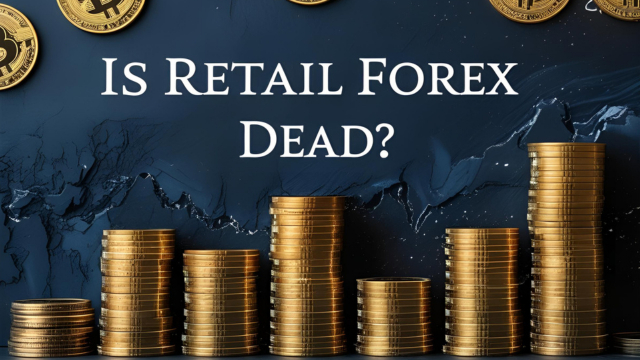Go one step beyond the traditional engulfing candlestick reversal signal, by learning how to use a more common but little-known “smart engulfing” trade set up.
About Huzefa Hamid
I’m a trader and manage my own capital. I trade the major Forex pairs, some Futures contracts, and I rely entirely on Technical Analysis to place my trades. Today, I am also a Senior Analyst for DailyForex.com.
I began trading the markets in the early 1990s, at the age of sixteen. I had a few hundred British pounds saved up (I grew up in England), with which I was able to open a small account with some help from my Dad. I started my trading journey by buying UK equities that I had read about in the business sections of newspapers. The 1990s were a bull market, so naturally, I made money.
I was fortunate enough in my early twenties to have a friend that recommended a Technical Analysis course run by a British trader who emphasized raw chart analysis without indicators. Having this first-principles approach to charts influences how I trade to this day.
My first trade based on a purely Technical view (i.e. without considering any fundamental analysis) was in early 2001 when the UK equity index, FTSE, broke a long-term support level. Many economists believed the market would continue rising, but the chart painted a different picture. After the support level broke (and the same level was subsequently tested as a resistance), I shorted the FTSE futures contract and watched the market fall. It was a fantastic validation of my understanding of Technical Analysis principles, and I loved that I could profit against the majority view of the market.
Fast forward some years, and after acquiring a few grey hairs, I’ve spent a career in consulting (non-market related) paralleled with trading (over that time, I have traded full-time for more than seven years).
I’ve met some great people along the way and was lucky enough to deliver presentations at the Las Vegas and Toronto MoneyShow events on behalf of DailyForex.
Today, I trade seven major Forex pairs and some futures contracts, including the S&P 500, Russel, Natural Gas and Crude Oil.
The one piece of advice I always impart upon traders is to treat it like a business. Have the level of accountability and discipline you would in any profession. When applied to trading, that means developing a method to identify your trades or learning a method from someone else. Manage your risk. Record your progress. Find your mistakes and correct them.
And decide you want to be very, very good.
The city of Toronto is my home. If you’re nearby, hit me up for a coffee anytime.
Latest 12 Articles
I always recommend that traders backtest their strategies. AI platforms now make this much easier by writing code and generally speeding up the process. I’ve spoken to many traders who tell me they never back-tested before AI arrived on the scene.
Unfortunately, most industry professionals estimate that more than 80% of new traders lose money before achieving consistent results, and some give up entirely before seeing profits. Is trading impossible or a scam? I don’t believe so.
Top Regulated Brokers
Do I want someone else to trade my account, without my having to do any work? If so, I have three methods as a retail trader to get that done: PAMM accounts, MAM accounts, and copy trading. They all have the same goal: allowing a professional money manager or trader to execute trades on my behalf. I benefit from their results without having to do anything.
One of the primary decisions in investing is whether to be a passive investor, an active investor, or a combination of both. The chosen path will impact performance, the time spent managing money, and even the level of stress involved in the process. This is not a decision solely for new investors. Even experienced investors should periodically reevaluate whether their choice is still the best option to suit their requirements.
I’ll get right to the point: retail Forex is alive and kicking. It has plenty to offer retail traders of all experience levels, account sizes, and trading styles. I believe it will continue to do so for many generations to come. I will lay out my case for why I believe all traders should consider trading Forex.
Artificial Intelligence has now entered retail trading with publicly available AI tools. Traders can use AI tools to save time, replace coding skills, or discover new trading ideas. This is an excellent development for independent day traders, as it suddenly opens the door to a whole new world of analysis and trading that previously required specialized programming, knowledge, or computing power, usually available only to institutional traders.
Copy trading is more popular than ever amongst new and experienced traders because it has the potential to fast-track the path to achieving trading profits. The focus of this article is twofold: firstly, to understand how copy trading works, and secondly, to identify the conditions necessary for it to align with Islamic financial principles and be halal.
Scalping is not automatically Halal or Haram. Instead, its permissibility depends on multiple specific components, such as the underlying assets, whether interest is involved, and whether there is excessive risk, among other factors. In this article, we’ll conduct a full analysis of the conditions required for a scalping strategy to be Shariah compliant.
Bonuses & Promotions
Day trading is a popular way for Canadians to attempt to make money from the markets. The short holding periods give day traders the potential to earn weekly or monthly income. I’ve been trading in Canada for over a decade, since moving here in 2010, and I’ve found Canada to be an excellent location for day traders. The country has reputable brokers offering a wide range of trading instruments, high-quality execution, and robust regulation. The time zones in Canada are also excellent for day trading, enabling me to access markets during their active periods.
Proprietary trading firms and hedge funds both play a significant role in the trading industry, and traders often use the terms “prop firm” and “hedge fund” interchangeably. However, they are two very different animals. They have different structures, regulations, and ways of accessing capital.
The U.S. has multiple regulators to ensure the integrity of its financial system: the Federal Reserve, the Securities and Exchange Commission (SEC), the Commodity Futures Trading Commission (CFTC), the Consumer Financial Protection Bureau (CFPB), the National Futures Association (NFA), the Federal Deposit Insurance Corporation (FDIC) , the Financial Industry Regulatory Authority (FINRA), and the Treasury, etc. Within that group, three regulators stand out for overseeing retail brokers and protecting traders: the CFTC, NFA and the SEC.






